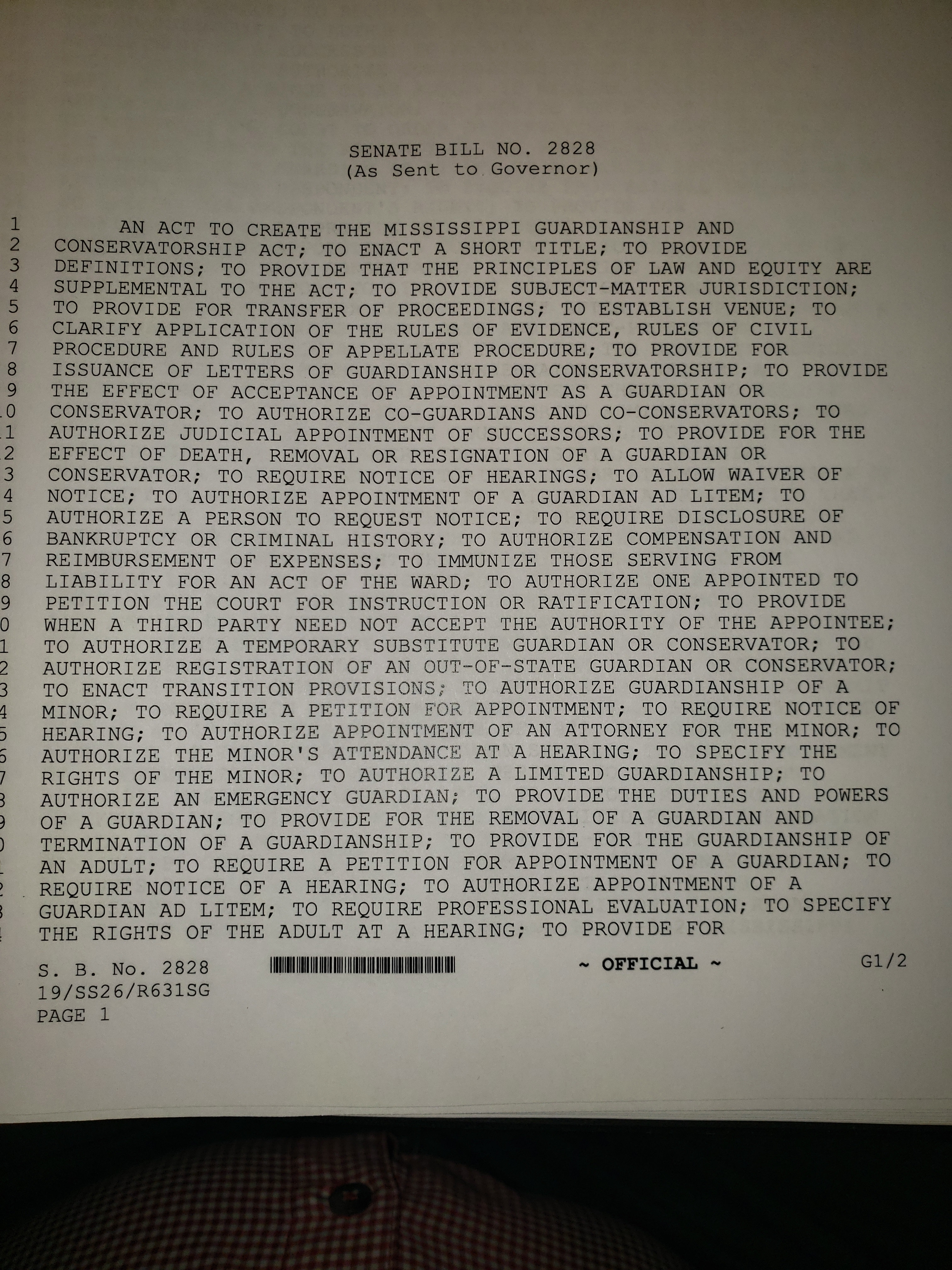Negligence actions based on the acts or omissions of state governmental employees are generally subject to the Mississippi Tort Claims Act. Government employees include those employed by the State of Mississippi and its political subdivisions. Miss. Code 11-46-1, et seq provides a limited waiver the government’s immunity and also provides specific circumstances under which the government’s immunity is not waived. Miss. Code 11-46-9 (1)(c) contains what has been referred to as the police and fire exception.
A governmental entity and its employees acting within the course and scope of their employment or duties shall not be liable for any claim:
…
(c) Arising out of any act or omission of an employee of a governmental entity engaged in the performance or execution of duties or activities relating to police or fire protection unless the employee acted in reckless disregard of the safety and well-being of any person not engaged in criminal activity at the time of injury;
Therefore, the government and its employees engaged in police and fire protection activities are not liable for simple negligence. To establish liability under the Tort Claims Act against the government and its employees engaged in police or fire protection a plaintiff must establish the employee acted in reckless disregard for the safety and well-being of the plaintiff and the plaintiff wasn’t engaged in criminal activity at the time of the injury.
For many years the government’s immunity left injured parties with no recourse for their losses from car wrecks where the injured party couldn’t establish the high standard of reckless disregard. In response, some injured parties attempted to obtain uninsured motorist benefits, but were turned away by the language of the uninsured motorist statute which provides in part:
No automobile liability insurance policy or contract shall be issued or delivered after January 1, 1967, unless it contains an endorsement or provisions undertaking to pay the insured all sums which he shall be legally entitled to recover as damages for bodily injury or death from the owner or operator of an uninsured motor vehicle . . . .
Miss. Code. 83-11-101(1)
The basis for no coverage under 83-11-101(1) is that the injured party was not “legally entitled to recover” from the government so there was no uninsured motorist claim.
In 2009, the Mississippi Legislature amended the definition of “uninsured motor vehicle” to include: “[a] motor vehicle owned or operated by a person protected by immunity under the Mississippi Tort Claims Act, Title 11, Chapter 46, Mississippi Code of 1972, if the insured has exhausted all administrative remedies under that chapter.” Miss. Code 83-11-103(c)(vi). At first glance, this amendment appears to allow a person injured in a car wreck to collect damages from their own uninsured motorist carrier if a government employee engaged in police or fire protection injured the person through acts of negligence that did not rise to the level of reckless disregard.
However, at least one trial court found the Legislature’s amendment of 83-11-103 futile. In Williams v. State Farm Ms. Williams was injured in a car wreck caused by an employee of the Mississippi Bureau of Narcotics (MBN). It was stipulated that the MBN employee was within the course and scope of her employment, engaged in police protection duties at the time of the collision and that her acts did not amount to reckless disregard for the rights of Williams. Relying on 83-11-103(c)(vi), Williams asserted an uninsured motorist claim against State Farm for her damages. The Circuit Court Judge, in a short two page opinion, found that Williams was not “legally entitled” to recover against the MBN pursuant to 83-11-101(1) and that State Farm was allowed to use all defenses available to MBN. As a result, the Court granted State Farm’s motion for summary judgment denying uninsured motorist benefits to Williams.
Subsequent to Williams, the same issue surfaced in the case of McGlothin v. State Farm before U.S. District Judge Guirola. McGlothin’s vehicle was rear ended by a fireman employed by the Biloxi Fire Department. State Farm again argued that the claim for uninsured motorist benefits was barred by the “legally entitled to recover” language of
Miss. Code 83-11-101(1). Like Williams, McGlothin argued that she was entitled to coverage, because the Mississippi Legislature amended the definition of “uninsured motor vehicle” in 2009 to include: “[a] motor vehicle owned or operated by a person protected by immunity under the Mississippi Tort Claims Act, Title 11, Chapter 46, Mississippi Code of 1972, if the insured has exhausted all administrative remedies under that chapter.” Miss. Code § 83-11-103(c)(vi).
Judge Guirola analyzed the conflict between Miss. Code § 83-11-103(c)(vi) and Miss. Code § 83-11-101(1) looking to the legislative intent behind each statute. His analysis concluded:
the two statutes are repugnant, and the only way to carry out the Mississippi Legislature’s intent in enacting Miss. Code Ann. § 83-11-103(c)(vi) is to view it as an exception to Miss. Code. Ann. § 83-11-101(1). Furthermore, Miss. Code Ann. § 83-11-103(c)(vi) should control in this circumstance, because it is a more specific statute than Miss. Code. Ann. § 83-11-101(1). As a result, McGlothin is entitled to uninsured motorist coverage under the State Farm policy.
There are tens of thousands of police officers and firemen on the roads each day in Mississippi. The vast majority of them are diligent and careful public servants. However, they are human and they do make mistakes. Purchase adequate uninsured motorist coverage to ensure you and your family are protected in the event of injury through no fault of your own in a car wreck with an police officer or fireman.



